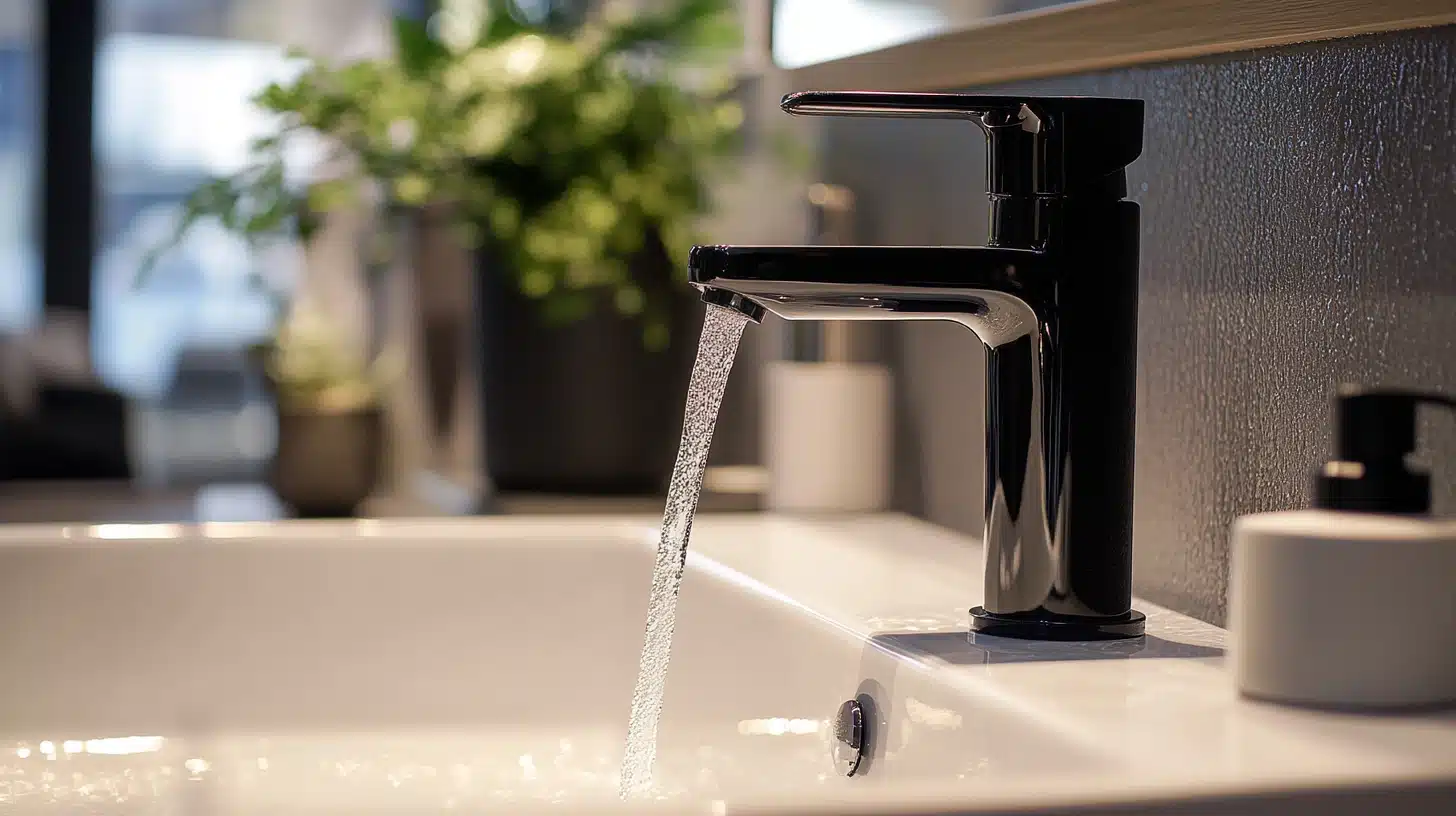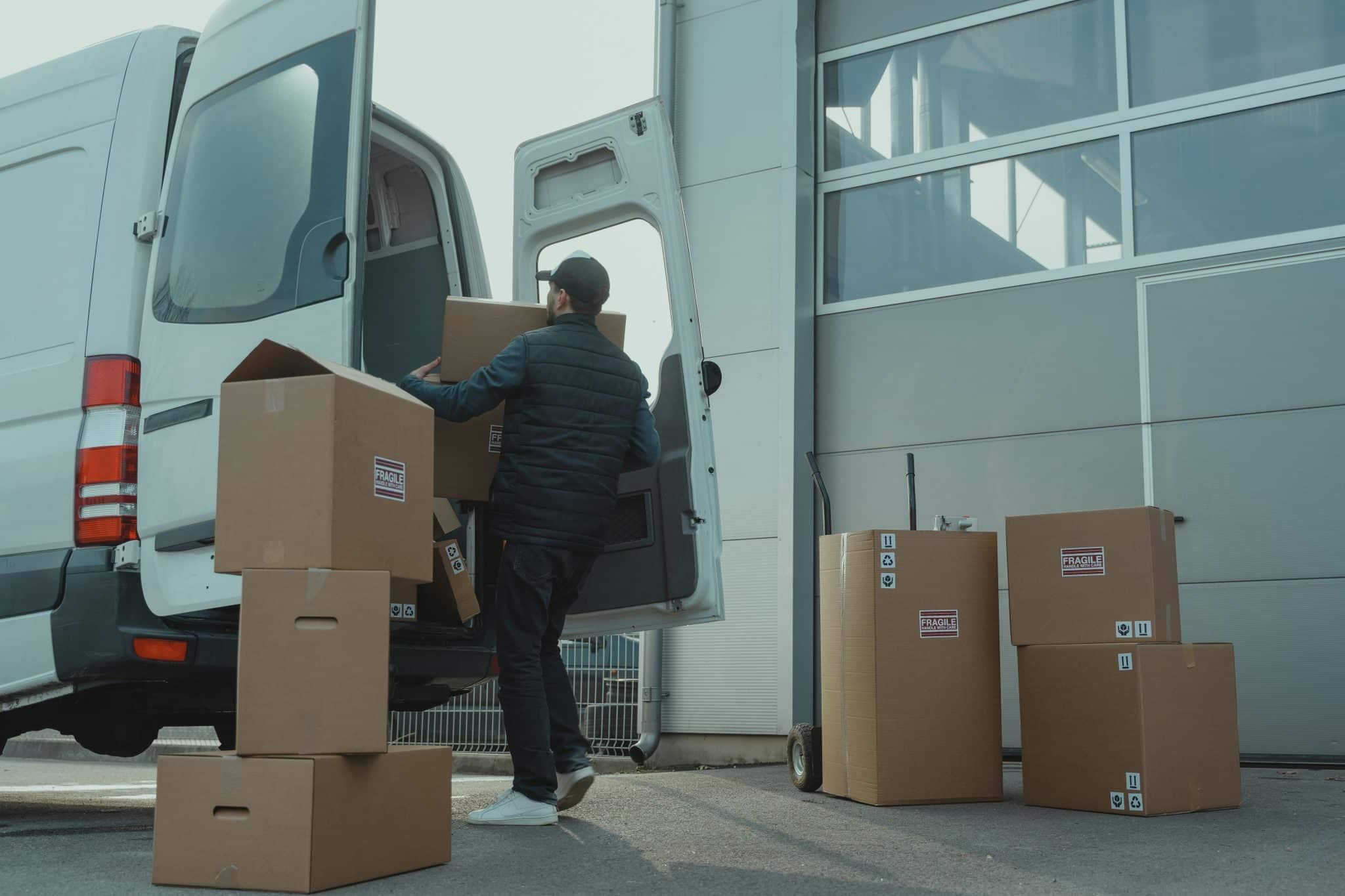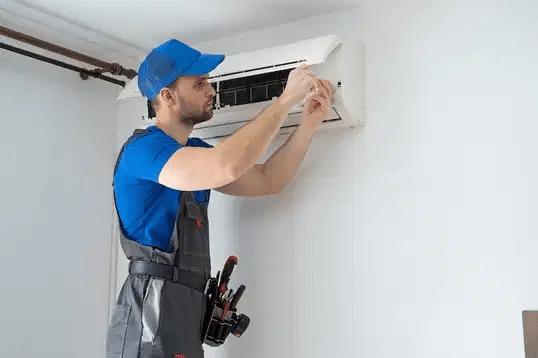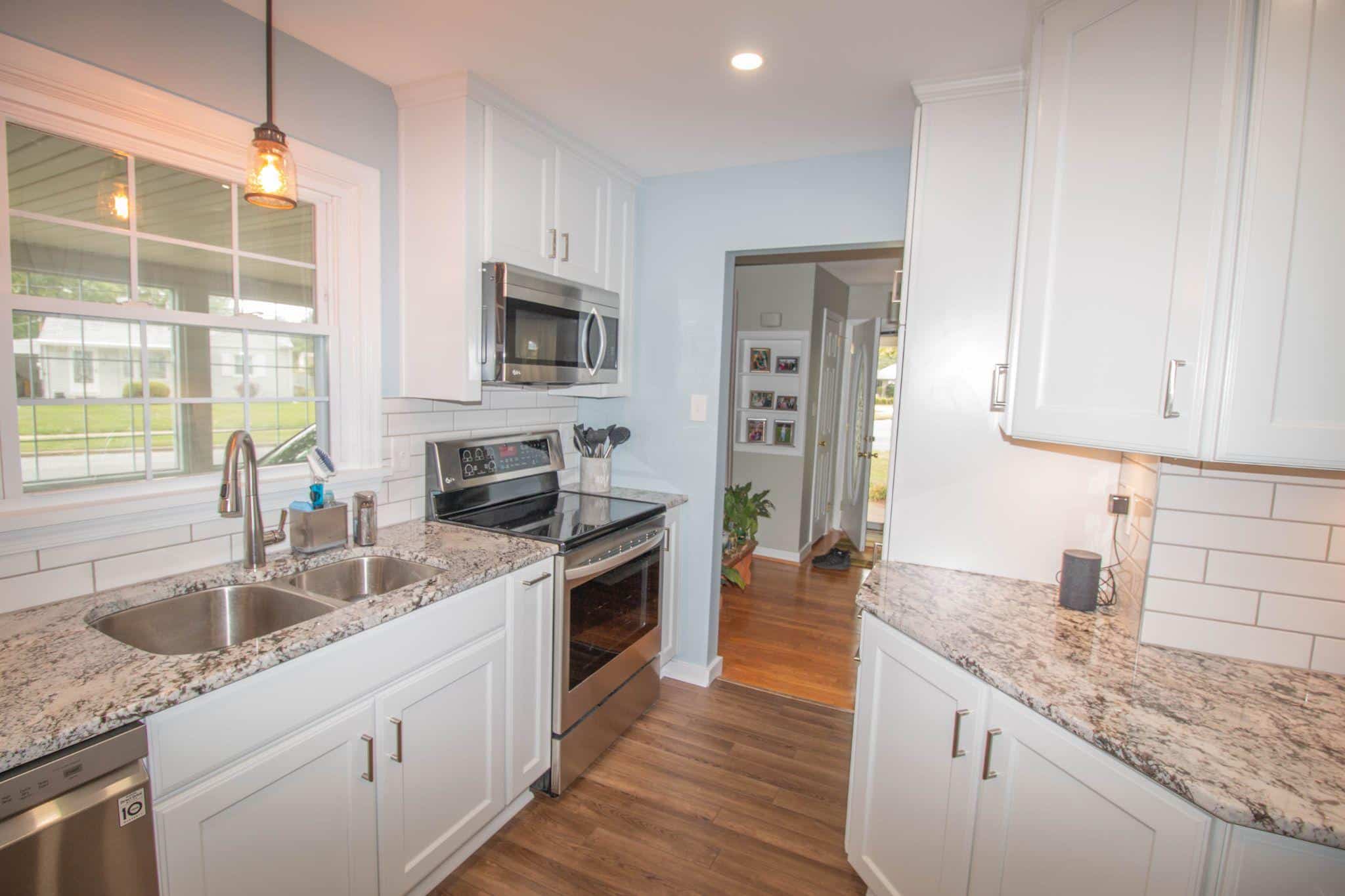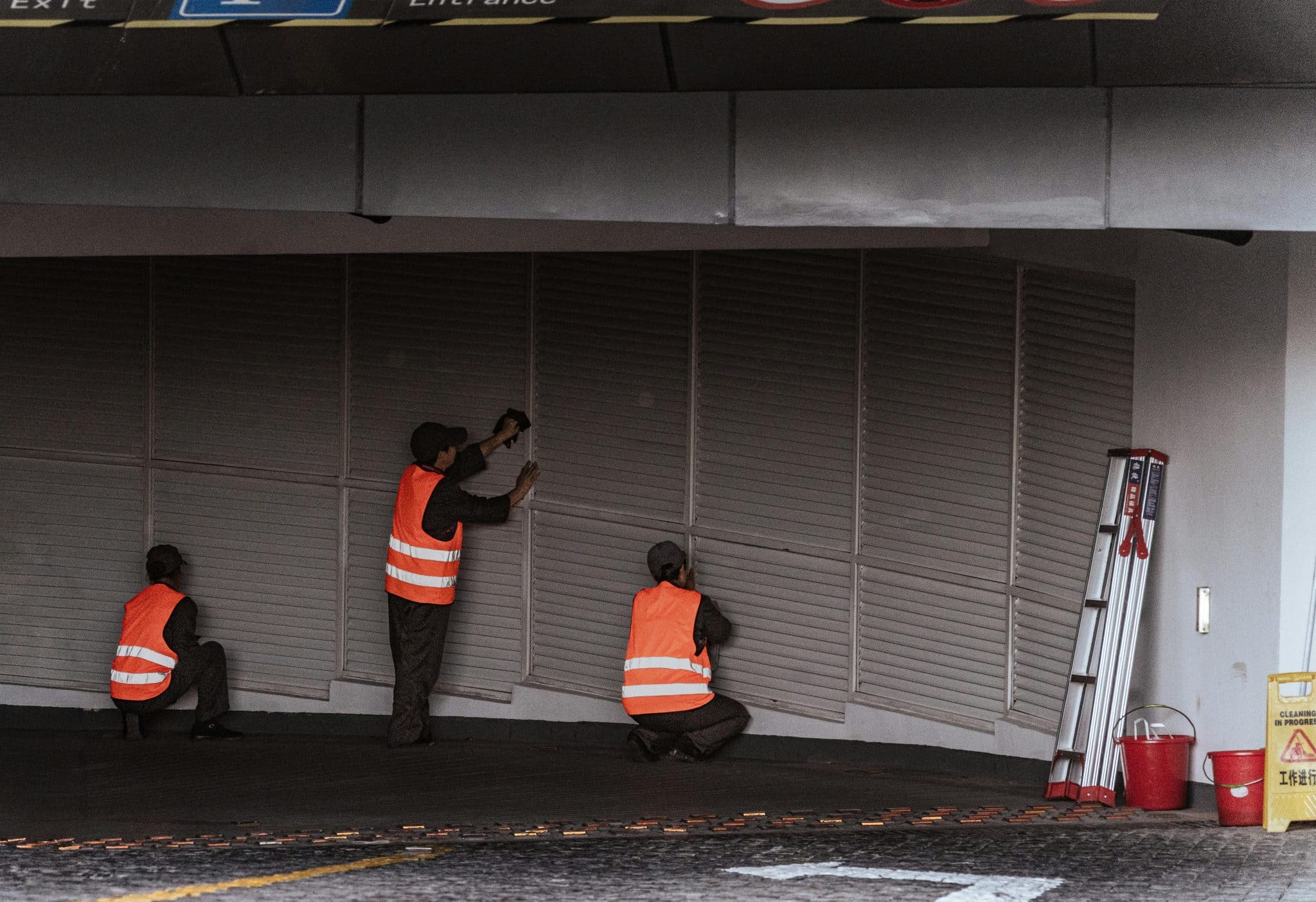Home maintenance involves more than just vacuuming carpets and mopping floors. While these tasks are important for keeping dirt at bay, there’s a lot more to do to ensure your home remains fresh and safe, especially with guidance from plumbers in Toronto.
For those looking for affordable services, finding a cheap plumber Toronto can make regular plumbing upkeep more accessible without compromising quality.
Your plumbing system is essential for providing safe drinking water, clean water for washing clothes and personal hygiene, and hot water whenever you need it. To keep your plumbing in good shape, here are some important tips every homeowner should consider.
1. Know Where are Located Your Emergency Water Valves
One of the first things you should do when moving in is learn how to turn off the water supply to different parts of your home, or even the entire house.
Familiarize yourself with the locations of the water valves and test them to ensure they function properly. If any valves are stuck or seem weak, it’s wise to call a plumber to replace them and inspect the pipes.
Being able to shut off the water quickly in an emergency can save you time, money, and prevent significant property damage.
2. Be Aware of Emergency Numbers
Reach out to your neighbours to get the contact information for their preferred plumber, or do a quick online search for a reputable one that offers a range of services, including emergency calls.
This way, if you ever find yourself in need of an emergency plumber in Toronto, you won’t be scrambling to find their number while dealing with a flood in your living room.
3. Check for Leaks
If you hear dripping sounds in your home, it’s important to inspect all your faucets to make sure you didn’t just leave one running and to check for any leaks. Leaks can waste up to 90 gallons of water per day across ten homes—that’s a significant amount.
While a slow leak might not seem like a big deal, it can indicate a larger issue developing. Therefore, pinpointing the source of the leak and contacting a professional is essential.
Drips can also occur due to condensation from poorly insulated pipes in the basement. Use a cloth to wipe away any condensation, and then monitor the area every 10–15 minutes to see if the issue persists and how quickly it returns.
Where there’s water, there’s a chance for leaks. Additionally, cold weather can lead to burst pipes.
Examine your pipes; what material are they made from? If they’re plastic, they should meet current standards, be durable, and ideally, be leak-proof. However, it’s wise to inspect them after significant weather events like tornadoes, flooding, or other natural disasters.
Is there adequate insulation to keep them warm during the winter and prevent freezing? Frozen pipes can burst, leading to severe flooding, damage, and costly repairs.
Slow leaks might just require a tightened valve, but a fast leak can lead to serious problems. Make sure to turn off the main water valve, inspect the area around the leak, and call in the professionals, as your plumber in Toronto will have the right tools and expertise to resolve the issue.
Properly insulating your pipes, especially in the basement, can significantly reduce condensation and the risk of freezing during the winter. This precaution also helps prevent burst pipes and potential flooding in your home.
If you notice drips or leaks from faucets, ensure that the tap is completely turned off. If the problem persists, you might need to replace the faucet or at least check for any loose components.
4. The Dreaded Clog
We’ve all experienced that awkward moment when we visit someone else’s home and the toilet clogs. It can be embarrassing, but it’s usually easy to fix.
Always keep a plunger handy for toilet clogs. Just remember to lay down some towels on the floor beforehand to catch any overflow. Stay calm and start plunging.
For bathroom sinks, hair is the most common culprit behind clogs. In kitchen sinks, food particles, along with oil and grease, often lead to blockages. A reliable drain cleaner or a natural solution can help clear the clog and restore water flow.
How to Avoid Clogs
To prevent bathroom clogs, use hair catchers over the drains in the sink, bathtub, and shower to trap hair and stop it from entering the pipes. Be sure to clean them after each use.
In the kitchen, scrape food scraps into the garbage or compost instead of down the drain. Organic matter can build up and eventually block the pipes. The same goes for grease and oil: dispose of these in separate containers and throw them in the trash.
5. Inspect the Water Heater
If you have hot water available at all times in your home, it likely means you have a tank water heater in the basement. When this appliance is functioning well, it often goes unnoticed. However, the water heater benefits from annual maintenance and inspections.
This helps keep it running efficiently and removes any debris that may accumulate inside. If you’re interested in more economical and eco-friendly options, consider upgrading to a tankless system, but consult a professional plumber before making any significant changes.
6. Prepare a Plumbing First-Aid Kit
Fortunately, you can address some plumbing issues without needing to call a plumber. Additionally, you can take steps to prevent a plumbing emergency from worsening while you wait for a professional. Having a simple household plumbing first-aid kit that is easy to access can help ease tense situations. This kit should include the following:
- Tools
- Plumber’s tape
- Plunger
- Drain cleaner
- Cloth
- Flashlight
- A bucket
- A list of all water valve locations
Maintaining your home’s plumbing system ensures a safe, functional, and comfortable living environment. From preventing leaks to avoiding clogs, taking proactive measures can save you time, money, and stress.
By familiarizing yourself with emergency water valves, keeping contact information for reliable plumbers in Toronto, and having a plumbing first-aid kit ready, you can manage minor issues and prevent potential disasters from escalating.
Regular inspections and simple preventive actions, like insulating pipes and using drain catchers, can protect your plumbing system significantly. And don’t underestimate the importance of your water heater—proper maintenance ensures that hot water is always available when you need it.
With these tips and a proactive approach, you’ll not only keep your plumbing system running smoothly but also preserve the safety and value of your home for years to come. When in doubt, don’t hesitate to call in the professionals—they’re your best resource for keeping your plumbing in top shape.

